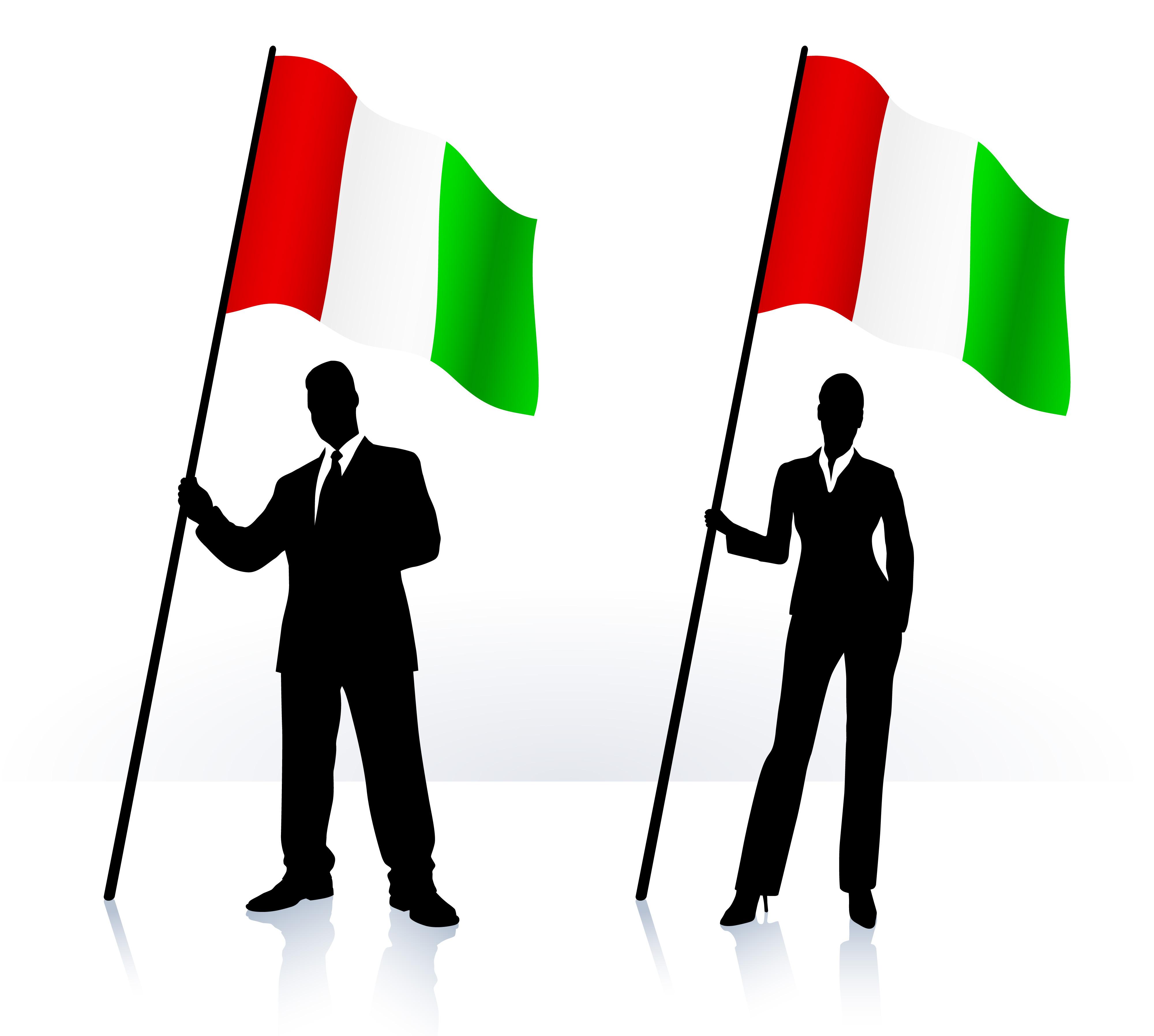
If you were looking for someone to head up one of the world’s largest and most influential state broadcasting operations, Luigi Gubitosi would not be an obvious choice.
To be sure, the INSEAD MBA ‘85D has had an illustrious career in the Italian business world: 19 years as an executive at carmaker Fiat, CEO of mobile phone company WIND, head of corporate and investment banking for Italy at Bank of America Merrill Lynch… but nowhere does his resume say anything about broadcasting. Until now. Just a year ago, Gubitosi was appointed general manager for Radiotelevisione Italiana S.p.A. - or RAI – the Italian state broadcaster.
It was an unusual choice – not because Gubitosi had had no prior TV experience, but because he was not a politician in this sector that had been long-dominated by former Prime Minister Silvio Berlusconi whose private network Mediaset is RAI’s chief competitor.
“I guess the idea was to bring somebody from the private sector to inject the private sector mentality into this public sector company to steer it towards competence and merit as the main drivers in the company and to bring some expertise in turnaround, as the company is having a difficult period considering the context in which Italian companies operate these days,” Gubitosi told INSEAD Knowledge in an interview in Milan on April 10, following the Italian Alumni Association’s monthly event on “Public and Private Television: Differences and Similarities”. Also participating in the discussion were Andrea Zappia, CEO of Rupert Murdoch’s Sky Italia, and Andrea Cabrini, Director of Class/CNBC.
Gubitosi is very aware of the competition facing RAI from private operators Mediaset, Telecom Italia Media, and Sky Italia. The new multi-year business plan – approved just a few days before this interview - aims to create a turnaround in corporate culture and organisation. “We want to have an excellent offer from an editorial point of view,” he says, enumerating his three key goals. “We want to be state of the art in terms of technology, and we want to reach stability in financial terms... revisiting completely our processes and maintaining a leading market share in terms of viewers.”
Structure and Revenue
RAI is governed by a nine-member Administrative Council, seven of which are elected by a committee of the Italian parliament; two others (including the President) are appointed by the Ministry of Economic Development which has been RAI’s largest shareholder. Gubitosi – the general manager – is appointed by the Administrative Council. All Council members serve a renewable three-year term.
RAI has a +42 percent audience share and operates 40 channels in Italy plus several international channels – the largest free offering by any European broadcaster – from several satellite and IPTV platforms. It is Italy’s largest broadcaster. “We have a number of what we call ‘specialised channels’,” he explains, “so these are movie channels or fiction, kids and so on; they are growing nicely. The journalist part of TV tends to decline in the long-term because of the very large offer (editor’s note: RAI has Italy’s largest TV news audience). It’s a pretty competitive market.”
It’s also difficult on the advertising side: half of RAI’s revenues come from broadcast license fees, the rest from the sale of advertising time – it has about 29 percent of Italy’s advertising business. Revenues dropped dramatically in 2012 and Luigi expects the slide to continue this year. “We’re improving our competitiveness… becoming more sophisticated and trying to educate our clients to become more sophisticated; we’re having some early success, but having said that, advertising in Italy has gone down dramatically.”
Plans to partially privatise RAI were discussed in recent years, but no longer. “I don’t think it’s on the agenda any time soon,” affirms Gubitosi.
The Public Agenda
RAI also operates radio networks and its broadcasts are received in countries such as Albania, Croatia, Slovenia, Malta, Monaco, Montenegro, San Marino, southern Switzerland and Vatican City. RAI International broadcasts a selection of RAI programmes around the world.
“We are the public broadcaster with the largest share in Europe. We should be interested in quality along with the quantity of programmes – and I would not mind if we lost a couple of share points if we do it qualitatively, because we are a public sector company, a public service, and this we should never forget.”
It’s a tall order on an international scale… a job for which INSEAD helped him prepare. “It got me used to diversity, people from other countries, working hard,” he recalls, “and it gave me skills to be adaptable and flexible. I learned a lot at INSEAD and I think it made me a better manager.”
He refuses to let the current economic climate deter him from what he sees as the duty of public broadcasters. “I think what the BBC said in the past that the role of TV is to educate, inform, and entertain is still valid,” he says. “I hope to leave RAI in a much better place than I found it – with its accounts in order, technologically fully updated, state-of-the-art and high quality programming.”
-
View Comments
-
Leave a Comment


No comments yet.